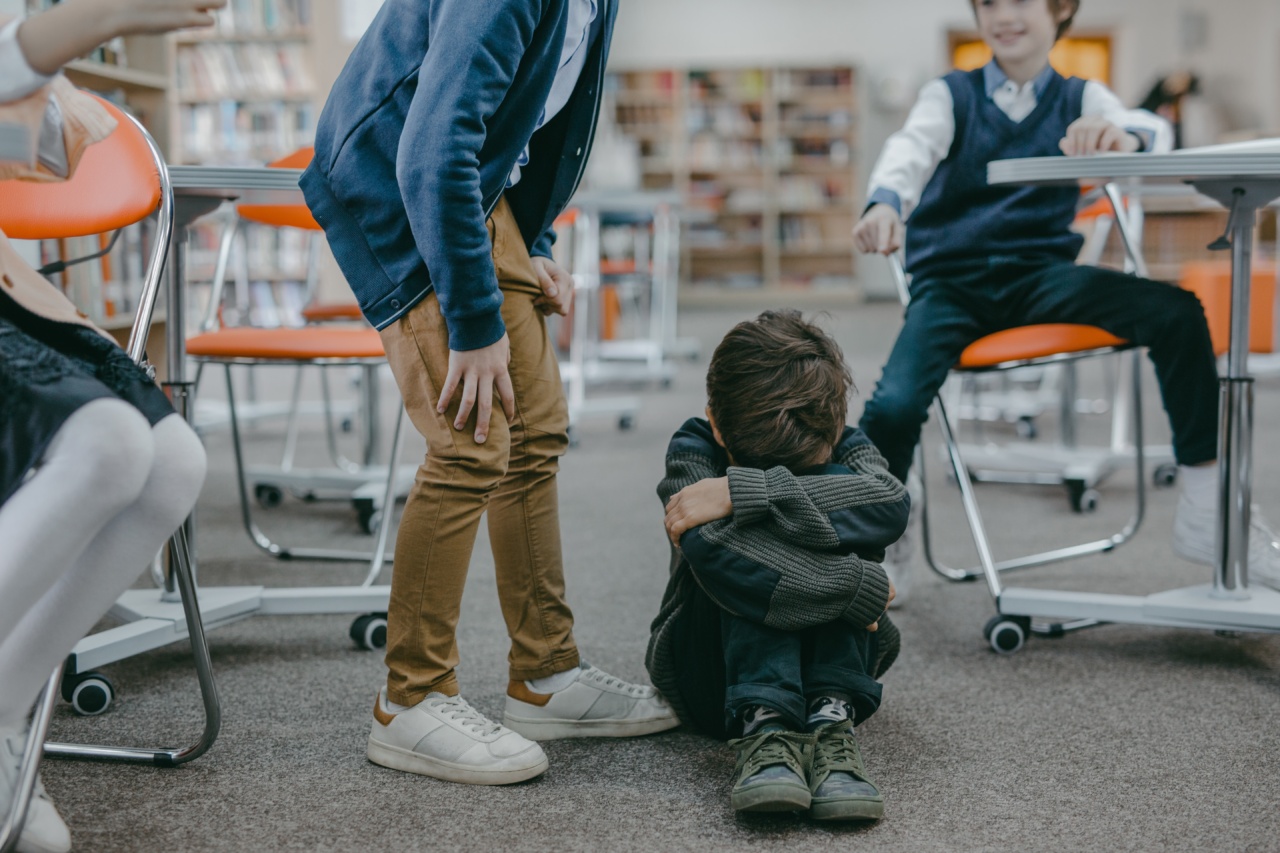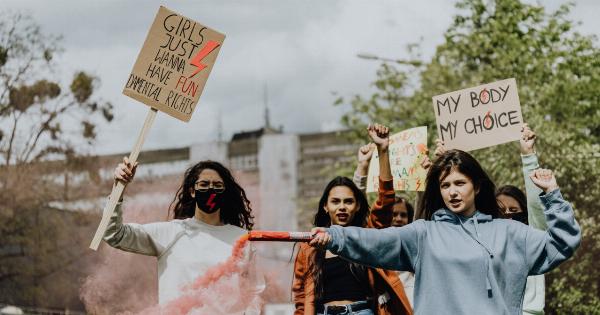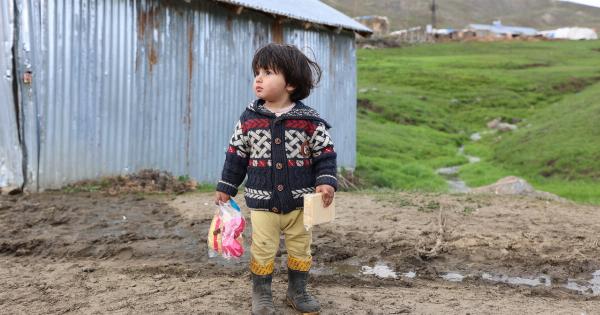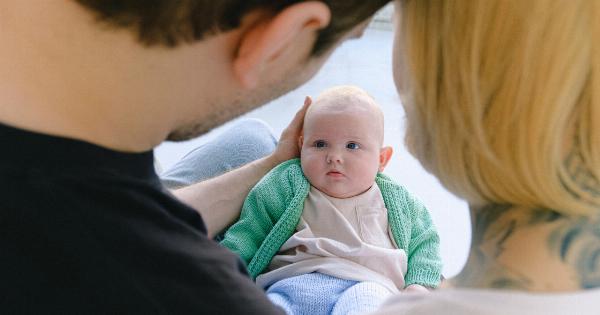A recent study on child abuse has shown that the majority of respondents would respond to child abuse if they saw or suspected it was taking place. The study surveyed a total of 1,000 people across the United States.
Participants were asked a range of questions about their knowledge of child abuse, their level of concern about it and their willingness to take action if they witnessed it.
Respondents show willingness to take action when faced with child abuse
One of the most striking findings of the study was that 87% of respondents said they would take action if they witnessed or suspected child abuse.
This included reporting the incident to the police or child protection services, speaking to the child themselves or seeking advice from a professional. This result is encouraging, as it suggests that the vast majority of people are aware of the seriousness of child abuse and are willing to play an active role in preventing it.
Concerns about child abuse
Despite the high proportion of respondents who said they would take action if they witnessed child abuse, many still expressed concerns about the issue.
When asked about their level of concern about child abuse, 66% said they were either extremely or very concerned. This highlights the fact that child abuse is still seen as a major issue by the public, and that there is a need for greater awareness-raising and prevention efforts.
Knowledge of child abuse
The study also assessed respondents’ knowledge of child abuse. Participants were asked a range of questions about the signs and types of child abuse, as well as the legal and ethical considerations involved in reporting abuse.
Overall, the results showed that respondents had a good level of knowledge of child abuse. However, there were some areas where knowledge was lacking, particularly around the different types of abuse and the legal requirements for reporting abuse.
Barriers to reporting child abuse
Despite the willingness of many respondents to take action when faced with child abuse, there were also some barriers identified that could prevent people from reporting it.
One of the main barriers was a lack of knowledge about what to do if child abuse was suspected. Respondents said they were often unsure about who to contact or what would happen if they reported an incident. Other barriers included fear of reprisals from the abuser or concerns about being mistaken about the situation.
Conclusion
The findings of this study are encouraging, as they suggest that the majority of people are aware of the seriousness of child abuse and are willing to take action to prevent it.
However, there is still a need for greater awareness-raising and prevention efforts, particularly around the legal and ethical considerations involved in reporting child abuse. Action needs to be taken to ensure that people are aware of what to do if they suspect child abuse, and to make reporting channels clearer and more accessible.


























